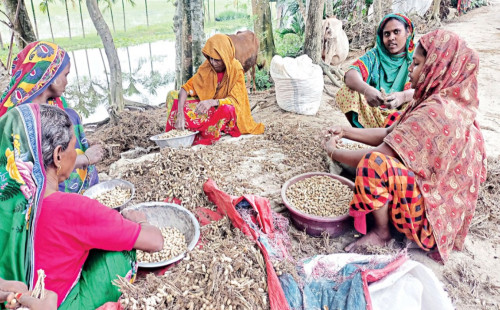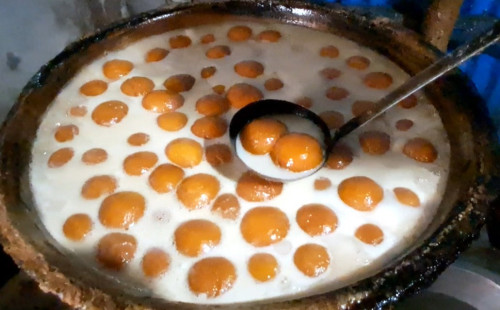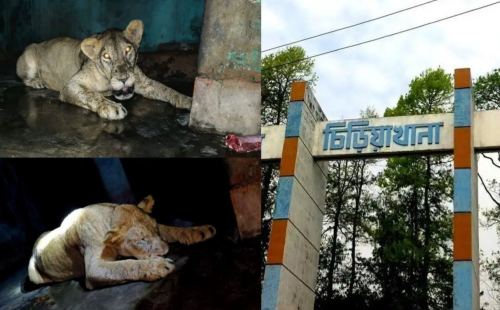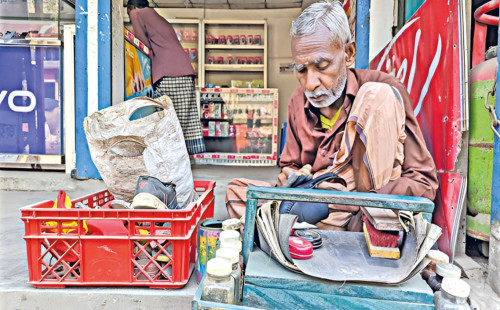Josephine Baker: France's adopted black superstar immortalised
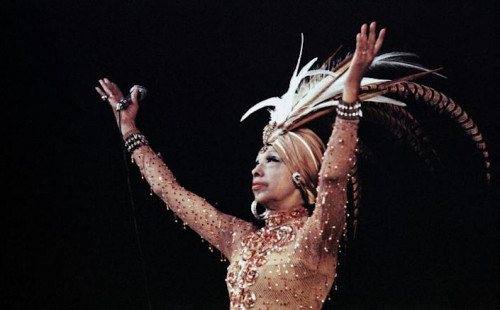
Josephine Baker overcame the racism that she parodied in her
famous banana skirt dance to become the world's first black female superstar.
And on Tuesday she will become the first black woman to enter
the Pantheon in Paris, the mausoleum reserved for France's "great
men".
Her adopted country is honouring her 46 years after her death
not only as a mould-breaking entertainer but also as a French Resistance hero,
civil rights activist and a diversity pioneer who created her own multiracial
family.
Openly bisexual, Baker lived free love decades before the sexual
revolution of the 1960s, declaring: "I'm not immoral, I am only natural.
"I have married thousands of times because every man I
loved has been my husband," she insisted.
Born Freda Josephine McDonald into extreme poverty in Missouri
in 1906, Baker left school at 13.
After two failed marriages -- she took the name Baker from her
second husband -- she managed to land herself a place in one of the first
all-black musicals on Broadway in 1921.
Like many Black American artists at the time, she moved to
France to escape racist discrimination back home.
But she never stopped campaigning for civil rights.
- March on Washington -
She was the only woman to address the March on Washington in
1963, taking the microphone after Martin Luther King had given his iconic
"I have a dream" speech.
In a personal bid to prove there is "only one race",
Baker adopted 12 children from across the world to live with her in her French
chateau, which she later tried to turn into a "Global Village".
"We all have the same heart, the same blood, and the same
need for love," she declared.
- Banana skirt -
Plucked from the chorus line of "La Revue Negre" -- an
attempt to bring "authentic" Black American culture to Europe -- she
became its star and caused a sensation.
It was the first time most Parisians had ever heard jazz or seen
it performed.









